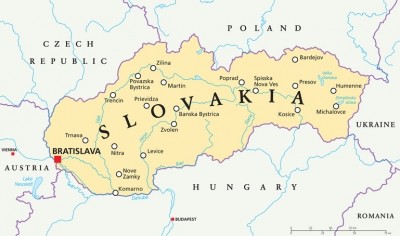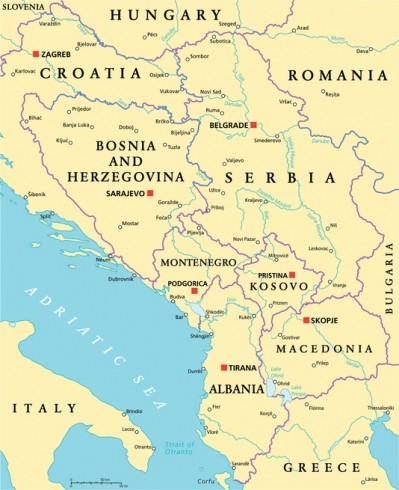Deal sees it buy Coops Mengvoeders
De Heus adds to its compound feed capabilities

The deal is subject to regulatory approval.
Coops is a long established Dutch feed manufacturer, with output reaching some 115,000 tons of compound feed annually. It has a workforce of 35 employees.
Ede-Wageningen headquartered, De Heus, said it will be business as usual at Coops, all of the staff and the name of the company will be retained.
And the producer, it continued, will be able to capitalize for future growth on the international scope, knowledge and experience of De Heus as a result.
Earlier expansion
February this year saw De Heus expand the premix side of its business with two new facilities, one in Veghel in the Netherlands and the other in Łęczyca in Poland.
“Traditionally, we export form the Netherlands to the rest of the world. From Poland we can cover the eastern part of Europe,” a spokesperson for the Dutch firm told us back then.
The new facilities, he said, are built close to De Heus compound feed manufacturing sites in the same locations to allow easy delivery of premixes to its own factories, and also close to its laboratories there to allow for raw material and finished product quality monitoring.
The site builds included the latest in technology to allow for considerable flexibility in production, said De Heus. The Dutch compound feed producer already had premix facilities in Russia and Brazil.
Foothold in the Balkans
October last year saw it acquire Iberian feed manufacturer, Nuter, from a private equity group to ‘consolidate’ its position in Europe.
A few months prior to that, in July 2015, De Heus purchased Serbian cattle, pig and poultry feed maker, Proteinka, which came with a production capacity of 80,000 tons, in a move it said would strengthen its foothold in the Balkans.
The Serbian market currently consists of a lot of small farming operations run as family businesses. Many of those still mix their own local raw materials with concentrates, said De Heus.
But its expectation is that these types of livestock farmers will expand production and start to professionalize in the coming years. The demand for high-quality mixed feeds, to support this greater efficiency, will increase strongly as a result, said De Heus.







